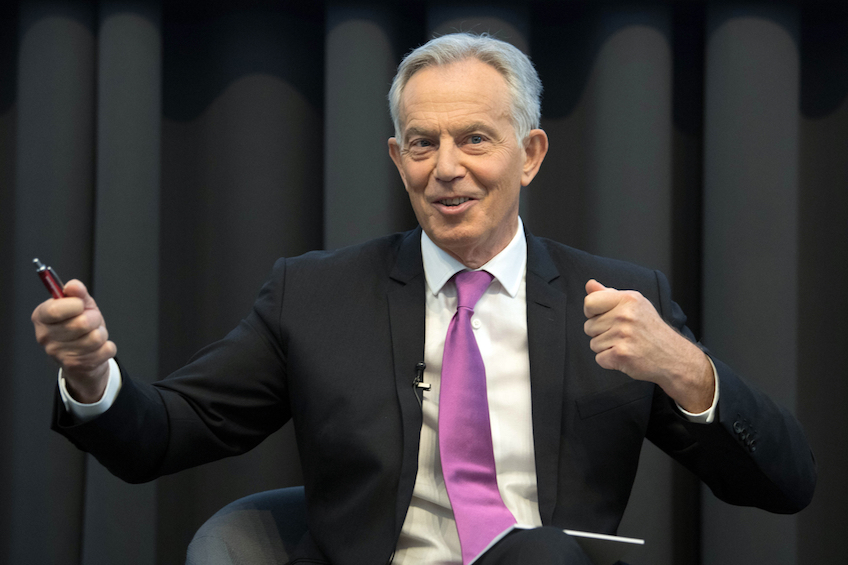A NON-profit organisation set up by former prime minister Tony Blair is urging Africa’s leaders to take measures to protect their healthcare systems and economies after they end their COVID-19 lockdowns.
The Tony Blair Institute for Global Change has published a policy document outlining five steps it says the continent’s leaders need to take once lockdown ends.
Five steps
The five steps outlined in the document are:
- Get Covid-19 surveillance, contact tracing and testing strategies and systems in order
- Prepare the health system as best you can and protect health workers
- Plan how to protect vulnerable groups, prioritise healthcare and maintain non-Covid-19 healthcare
- Plan economic stimulus and social protection measures to protect livelihoods
- Engage citizens and communities on ongoing social distancing approaches that will apply after lockdown
Kate Dooley, TBI’s West Africa Regional Director who is leading the Institute’s Africa-wide coronavirus response management work said: “Lockdowns are not suitable or sustainable for much of sub-Saharan Africa – Ouagadougou is not Wuhan, Lilongwe is not London. African governments should not engage in mimicry of the global North but find their own ways to handle the crisis.

‘Situation has led to unrest’
“Africa’s leaders know that they cannot sustain a prolonged lockdown and that their people cannot survive if they try. This situation has already led to unrest in the likes of Uganda, South Africa and Kenya. When governments can no longer afford to pay for food supplies for high density urban populations, many more countries will be added to that list.”
Dooley continued: “Once lockdowns end, we have to expect case numbers will rise significantly, though to what level of the population we just don’t know. It will be a hidden crisis for many months as testing capacity remains woefully inadequate in the majority of countries.
According to the World Health Organisation the number of confirmed COVID-19 cases in Africa has risen to more than 10,000 and caused more than 500 deaths.

Continuing spread of the pandemic
Experts say that while the virus was slow to reach the continent compared to other parts of the world, infection rates have grown exponentially in recent weeks and are continuing to spread.
Dr Matshidiso Moeti, World Health Organization (WHO) Regional Director for Africa said: “COVID-19 has the potential not only to cause thousands of deaths, but to also unleash economic and social devastation. Its spread beyond major cities means the opening of a new front in our fight against this virus.”
Lockdowns are not suitable or sustainable for much of sub-Saharan Africa– Ouagadougou is not Wuhan, Lilongwe is not London. African governments should not engage in mimicry of the global North
Kate Dooley, West Africa Regional Director, Tony Blair Institute for Global Change
“This requires a decentralised response, which is tailored to the local context. Communities need to be empowered, and provincial and district levels of government need to ensure they have the resources and expertise to respond to outbreaks locally.”
Speaking last month about the challenges that the continent faces former prime minister Tony Blair said: “The challenges faced by African governments in combatting Covid 19 are unique.
‘Social distancing impossible’
“Their healthcare systems are already stretched. Conventional social distancing is next to impossible. There are acute shortages of trained medical staff, medical supplies and crucial equipment. The more African nations are helped now, the less the burden on them will be later.
“The whole of the Institute is now re positioned and re purposed to provide the practical support governments need.”


Comments Form